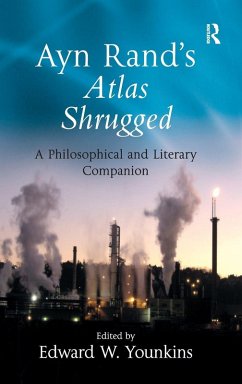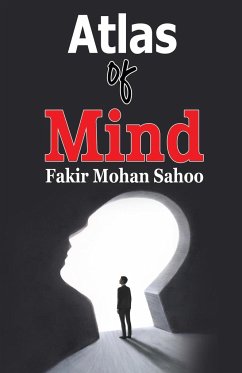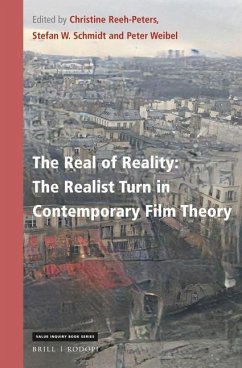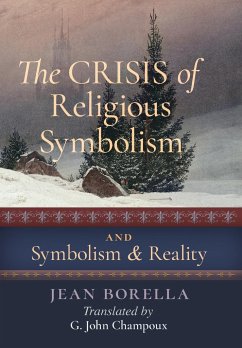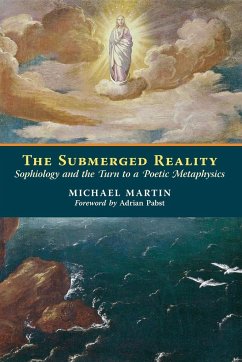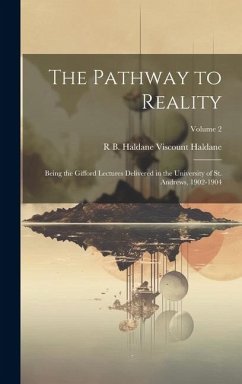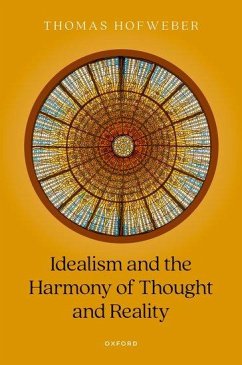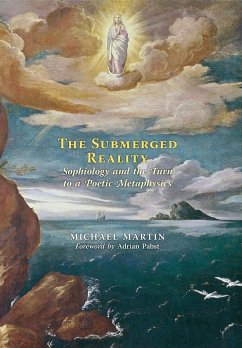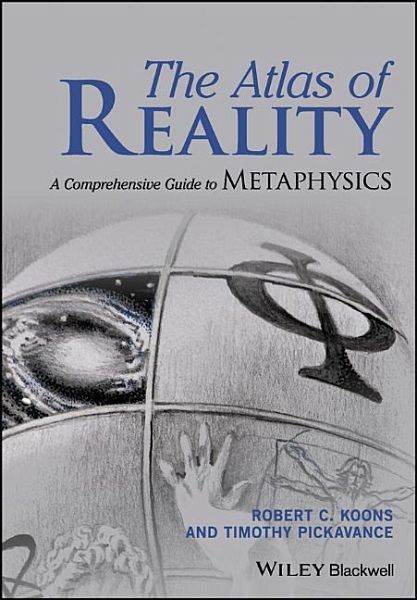
The Atlas of Reality
A Comprehensive Guide to Metaphysics
Versandkostenfrei!
Versandfertig in über 4 Wochen
190,99 €
inkl. MwSt.

PAYBACK Punkte
95 °P sammeln!
The Atlas of Reality: A Comprehensive Guide to Metaphysics presents an extensive examination of the key concepts, principles, and arguments of metaphysics, traditionally the very core of philosophical thought. Representing the first exhaustive survey of metaphysics available, the book draws from historic sources while presenting the latest cutting-edge research in the field. Seminal works of philosophers such as David Lewis, Alvin Plantinga, Kit Fine, Peter van Inwagen, John Hawthorne and many others are covered in depth, without neglecting the critical contributions of historical figures like...
The Atlas of Reality: A Comprehensive Guide to Metaphysics presents an extensive examination of the key concepts, principles, and arguments of metaphysics, traditionally the very core of philosophical thought. Representing the first exhaustive survey of metaphysics available, the book draws from historic sources while presenting the latest cutting-edge research in the field. Seminal works of philosophers such as David Lewis, Alvin Plantinga, Kit Fine, Peter van Inwagen, John Hawthorne and many others are covered in depth, without neglecting the critical contributions of historical figures like René Descartes, Gottfried Wilhelm Leibniz, Bertrand Russell, and more. Written in an accessible manner without sacrificing rigor, readers at all levels will gain illuminating insights into metaphysical topics ranging from the problem of universals, individuation and composition, and relations and qualities, to time, space, causation, existence, modality, and idealism. The authors also articulate the emergence of several coherent metaphysical theses, including neo-Aristotelian, neo-Humean, and more recent alternatives put forth by W. V. O. Quine and David M. Armstrong. Competing views are clearly and fairly represented, and key axioms and methodological assumptions are flagged and cross-referenced, providing scholars with an invaluable tool for future research in metaphysics. Unprecedented in breadth of topic coverage and depth of analyses, The Atlas of Reality is an essential resource for those seeking a thorough understanding of one of the most compelling, influential, and enlightening sub-fields of philosophy in today's world.



